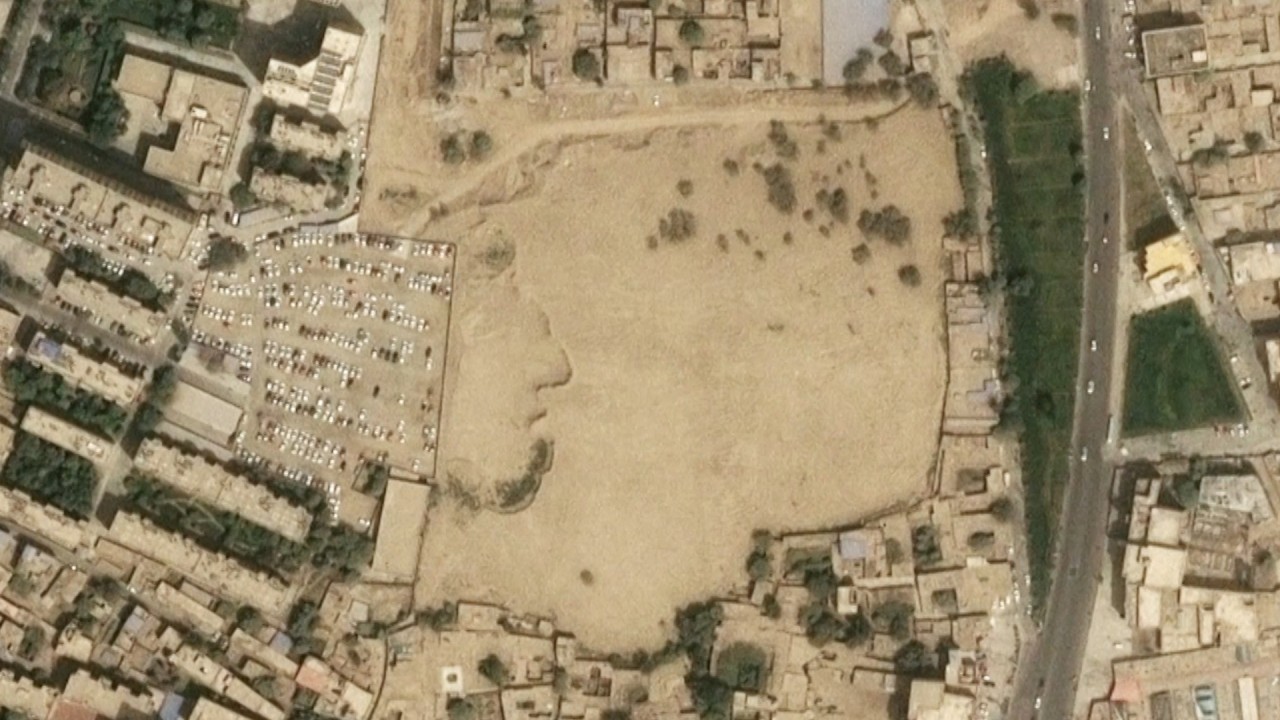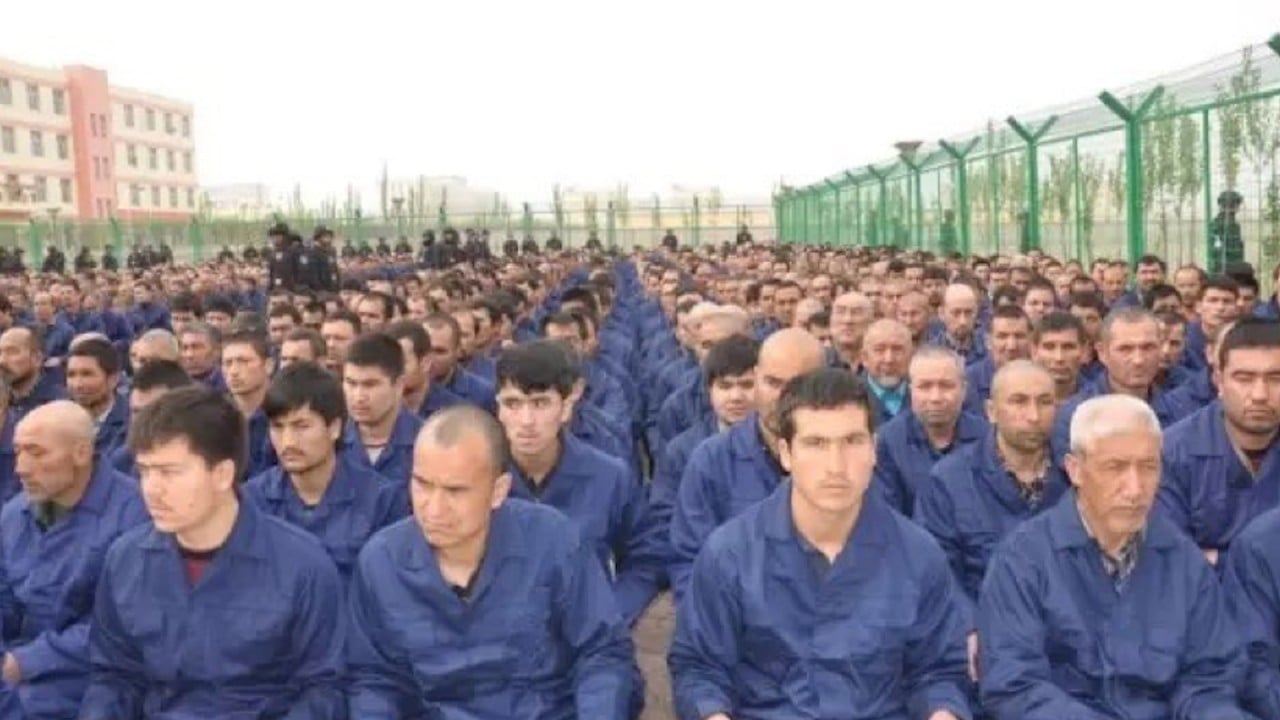
Britain to ban China imports linked to Xinjiang Uygur camps over forced labour, reports say
- Foreign Secretary Raab is expected to reveal his plans, which include tougher export laws on technology that could be used for repression, to MPs this week
- London’s criticism of the crackdown in Hong Kong has already strained the UK’s relationship with Beijing
Britain is set to announce plans outlawing the import of goods suspected of using forced labour in China’s Xinjiang province, local media reported on Monday, in a move which would further strain ties between London and Beijing.
Foreign Secretary Dominic Raab is expected to reveal his plans, which are also set to include tougher laws on exporting goods or technology that could be used for repression, to MPs this week, according to The Sun and The Guardian newspapers.
Britain and China’s relationship has grown increasingly frosty over the last two years, particularly over London’s criticism of the crackdown on democracy campaigners in Hong Kong and its offer of citizenship for its residents.
Britain has also criticised the treatment of Uygur Muslims in Xinjiang, with the government calling evidence that they are being forced to produce cotton “deeply troubling”. Beijing has denied allegations of forced labour.

02:31
Satellite images show China has bulldozed Uygur burial sites in Xinjiang
The British government is concerned that the textile industry is not checking carefully enough whether goods from Xinjiang, which supplies nearly a quarter of the world’s cotton, are made using forced labour.
Proposals could include fines if companies fail to show due diligence in checking their supply chains, according to The Guardian.
But Raab’s plans are expected to stop short of sanctioning Chinese officials linked to “re-education” camps and forced sterilisation programmes, according to The Sun.
“Our approach to China is rooted in our values and interests,” an official at the Foreign Office was quoted as saying. “However, where we have concerns, we raise them and hold China to account.”
Chinese state media denies BBC reports of Xinjiang forced labour
Former Conservative party leader Iain Duncan Smith – an outspoken China critic – told The Sun he welcomed the plans but said they were insufficient to “deal with the growing problem we face with China”.
China’s outgoing ambassador in London, Liu Xiaoming, last week said relations between the two countries “depend on whether the UK sees China as a partner or a rival”, adding that the “ball is in the court of the UK side”.
China denies forced labour is used in its cotton industry, saying that the camps from where the pickers are drawn are “vocational training schools” and that factories are part of a poverty alleviation scheme.
British retailer Marks and Spencer vowed last week not to use cotton from Xinjiang as concern grows in the fashion industry about their supply chains.
Two years ago, US firm Badger Sportswear announced it would stop sourcing clothing from the Chinese apparel company Hetian Taida, over concerns it was using forced labour from internment camps in Xinjiang.

01:09
China claims most Muslim detainees have left Xinjiang re-education camps and returned to society
Meanwhile last month, French footballer Antoine Griezmann announced that he would “immediately terminate (his) partnership” with telecoms giant Huawei Technologies Co., citing “strong suspicions” that it was involved in the Chinese authorities’ surveillance of the Uygurs.
According to experts and human rights groups, at least 1 million Uygurs have been detained in recent years in political re-education camps.
British MPs are increasingly turning their focus on China, and a group of Conservative backbenchers, including Duncan-Smith, are supporting calls for Britain not to strike bilateral trade deals should a British court rule Beijing is guilty of genocide.
The government has resisted the calls, arguing that international courts are the proper institutions for determining genocide.

.png?itok=arIb17P0)